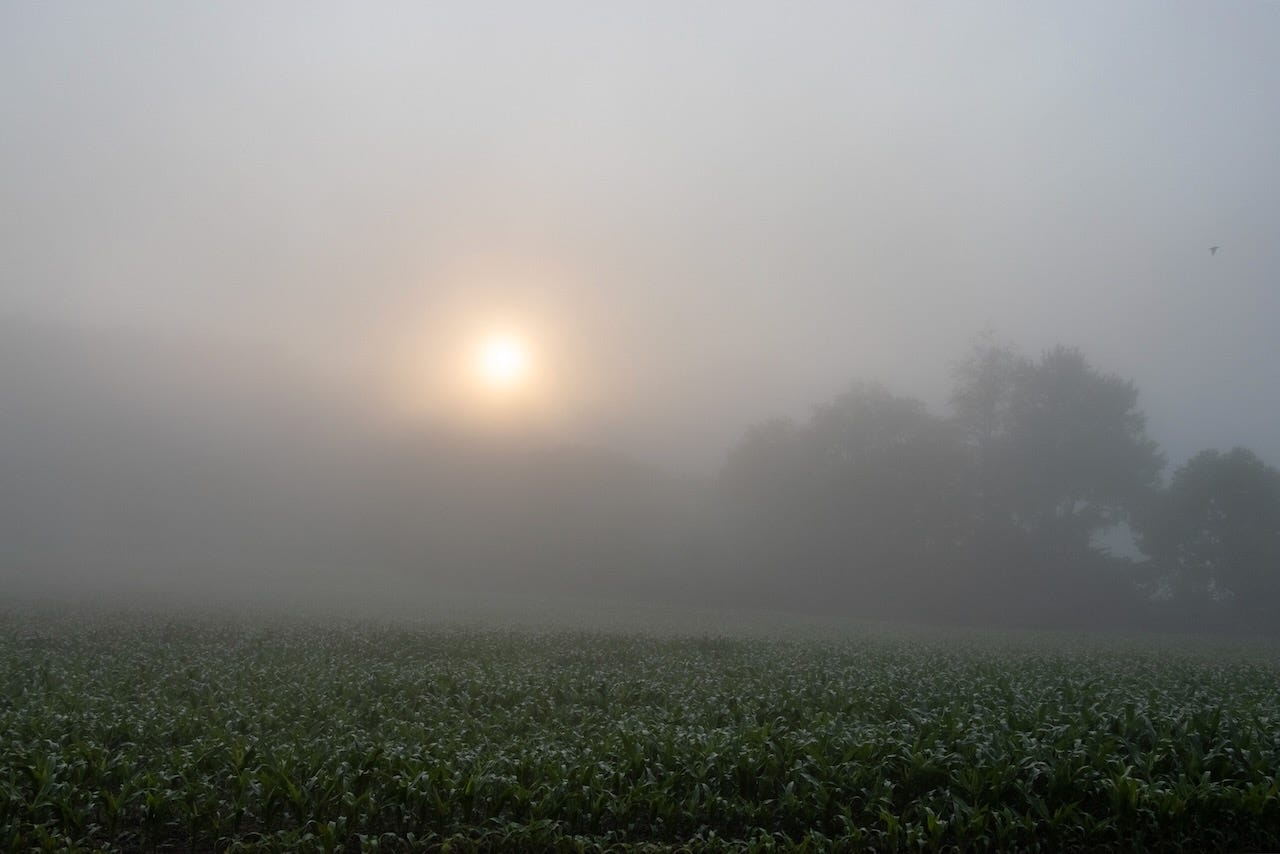Pilgr-image 13 - Salt and Light
You are the salt of the earth...You are the light of the world... - Matthew 5:13 & 14
You are the salt of the earth; but if salt has lost its taste, how can its saltiness be restored? It is no longer good for anything, but is thrown out and trampled under foot. You are the light of the world. A city built on a hill cannot be hid. No one after lighting a lamp puts it under the bushel basket, but on the lampstand, and it gives light to all in the house. In the same way, let your light shine before others, so that they may see your good works and give glory to your Father in heaven. - Matthew 5:13-14
Resolve by Jane Tyson Clement
I’ll wash my hands of innocence
and cast the snowy robe aside
and shun the face of purity
to walk where sinners now abide.
The bare and brutal face of hate
I must go forth to look upon
and clasp the hand of treachery
with love as if it were my own.
My sins are inward and refined,
my friends the gentle friends of God;
I must go seek the publicans,
the wild companions of my Lord.
Taking in a poem is much different from just reading a normal paragraph of text. Poems aren’t just about communicating information, but they are something to experience and to listen to. The poet Pádraig Ó Tuama says this about poetry:
A poem is a difficult thing to define. What is it? It’s a little block of ink on a page, sometimes five lines long, sometimes fifty. It’s a house of memory. It’s a clockwork thing you can carry in your pocket; take it out, set it to go, and it goes. Tick-tock-tick-tock, it says, sometimes rhyming with itself. Some poems are full of love, and some of anger; some poems remember things that shouldn’t be forgotten, other poems fantasise about the future, acting as a warning for today. Some sound like a song, others like a story. Tuama, Pádraig Ó.. Poetry Unbound: 50 Poems to Open Your World (p. 1). W. W. Norton & Company. Kindle Edition.
So, with this poem connected to what it means that we are the salt and the light of the world, take some time with the twelve lines above. Experience it in different ways…Read it slowly, read it out loud, read it with someone else, read it underlining or highlighting particular words that stood out to you, read it in different places or at different times of your day. Be open to how it speaks to you and how it speaks into you. Some questions to ponder...
Does this poem speak to you? Why? Why not?
What do you feel like the speaker of the poem is trying to communicate?
What do you feel the poem is saying to you specifically (which might be different from what the speaker is trying to communicate)?
What is one word or phrase that you keep returning to each time you read it
What part(s) of the poem cause you to question something?
What might this poem be saying to the communities of which you are a part?
Let this poem speak. Let the Spirit speak through Ms Clement’s gift of this poem.
One of the things I have come to feel about poetry is that it is like walking on a foggy morning. There are things that we see that are immediately before us, but as we walk and the sun begins to rise higher, the fog begins to lift and more is uncovered. What is uncovered for you?



The second stanza really grabs my hand. It isn't easy looking into the face of hate. I'm stunned when I encounter it and have to give myself time to know how I should have responded. Like the time a principal of a high school in Boone County said to me, "You disgust me." I wish I had had the wherewithall to ask simply, "Why is that?"